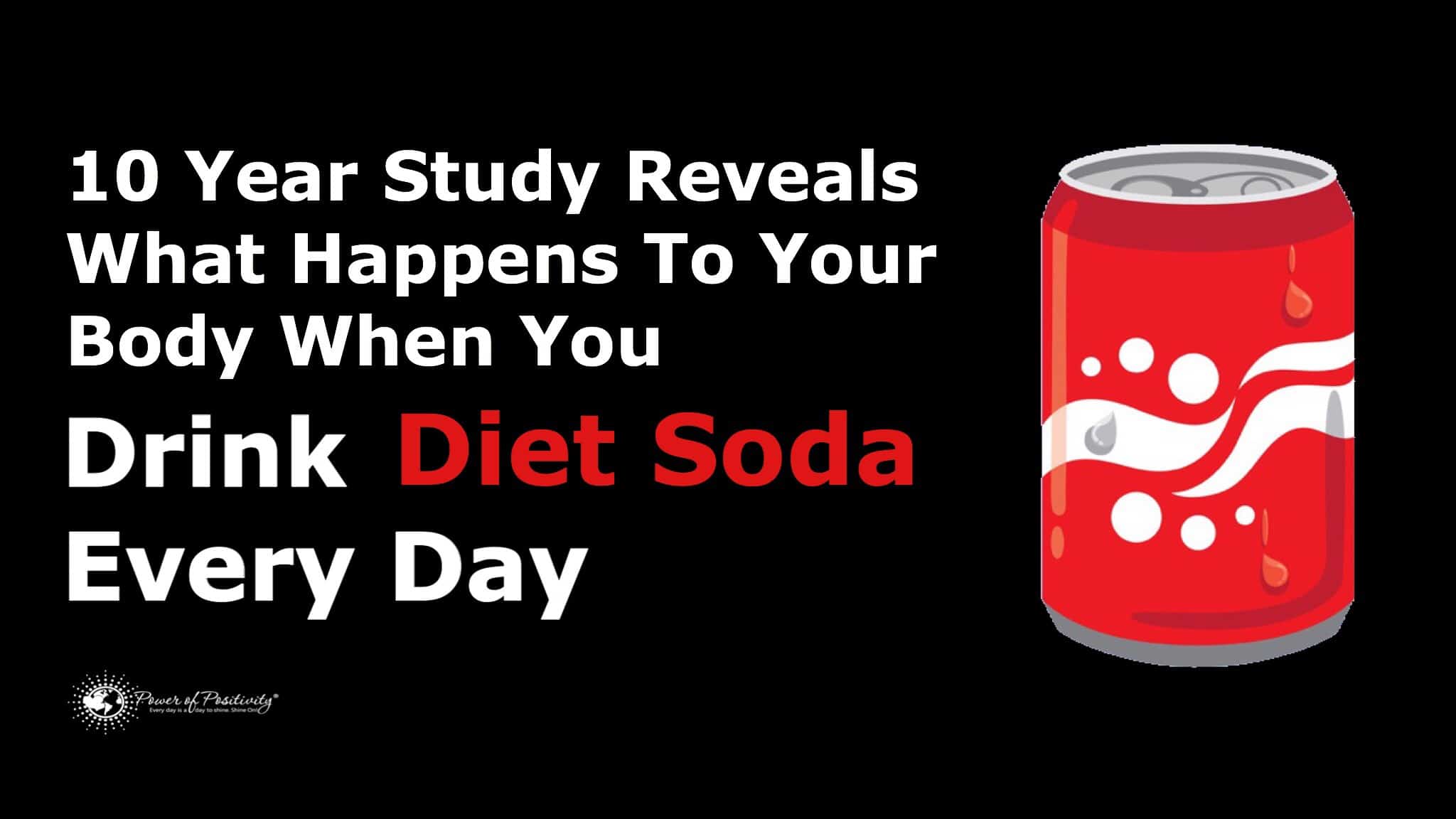Soft drinks are the beverage of choice for millions of Americans, but sugary drinks increase the risk of type 2 diabetes, heart disease, and other chronic conditions. – Harvard University, T.H. Chan School of Public Health
When Harvard University publishes anything related to health, it warrants due attention. When the acclaimed University publishes that the health of millions is at-risk because of a product they consume nearly every day – sometimes, multiple times a day – it warrants extra due attention.
While this article does not predominantly draw from information obtained from Harvard studies, the fact that a world-class institution is sending out warnings to soda drinkers is a significant development. Indeed, they’ve done just that.
The findings that Harvard University, and a number of other academic institutions, scientists, researchers, public health experts, and the like have uncovered about soft drinks (i.e., soda, pop) are – quite literally – terrifying, and potentially very dangerous.
Consider these statistics about soda consumption:
– 1 in 5 Americans report drinking at least one soda a day (this number is likely higher)
– Average American drinks 50 gallons of soda per year – the equivalent of about 39 pounds of sugar
No problem…we’ll just switch to diet, right? This rhetorical question actually serves as a transition to this article: the adverse health effects of diet soda.
10 Year Study Reveals What Happens To Your Body When You Drink Diet Soda Every Day
According to a 10-year study conducted at the University of Iowa, consuming two or more diet sodas a day increases the risk of heart disease, heart attack and stroke. The demographic for this study was otherwise-healthy, postmenopausal women. The findings were significant enough that they were presented at the prestigious American College of Cardiology’s annual meeting in Washington D.C.
The study focuses on the consumption of diet soda and the cardiovascular health of 60,000 women. After countless hours of research, scientists discovered that women who consume more than two diet soft drinks daily had a 30 percent higher chance of having a “cardiovascular event.” Perhaps more disturbingly, researchers concluded that women with this habit were 50 percent more likely to die from a cardiovascular-related illness or disease.
Dr. Ankur Vyas, lead researcher of the study and staff member at the University of Iowa (UI)Hospitals and Clinics states: “This is one of the largest studies on the topic, and our findings are consistent with some previous data, especially those linking diet drinks to the metabolic syndrome.”
Metabolic syndrome, as defined by WebMD, includes “a cluster of conditions – increased blood pressure, high blood sugar, excess body fat around the waste, and abnormal cholesterol or triglyceride levels…(occurring) together, an increased risk of heart disease, stroke and diabetes.”
In other words, consuming diet soda may cause anything from high blood pressure and weight gain, to a heart attack or stroke.
Anyways, this brief digression aside, UI researchers decided to divide the nearly 60,000 participants into four groups, based on soda consumption: two or more diet drinks daily, five to seven diet drinks per week, one to four diet drinks per week, and zero to three diet drinks per month. Individuals were placed into one of four groups based off of their self-reported, three-month consumption of diet beverages.
After a follow-up period of nearly 10 years, researchers correlated a number of conditions to increasing levels of soda consumption, including: increased risk of cardiovascular death, congestive heart failure, coronary heart disease, coronary revascularization procedure (surgery to increase blood flow to heart), heart attack, ischemic stroke (low blood supply to body tissues), and peripheral arterial disease (fatty deposits in arteries).
The methodology used to reach these conclusions appears foolproof. Researchers mitigated any and all demographical characteristics, including risk factors. Specifically, the team disregarded body mass index (BMI), diabetes, high cholesterol, hormone therapy use, hypertension, salt intake, and sugar-sweetened beverage consumption. Yet, the trends remained constant.
Other findings: women consuming 2+ diet drinks per day were more likely to be smokers; had higher BMI; higher blood pressure, and an increased risk of diabetes.
Given this study and many others, it may be concluded that soda – of any kind, sweetened or not – is a potential health hazard. These findings are even the more sobering when one considered just how ubiquitous the consumption of soft drinks really is.
Related article: 6 Things People With A Healthy Gut Do Differently
People all over the world are choosing to minimize sugar intake, and for good reason…but what is the alternative? For years, diet soda has been marketed as a healthier, safer drink of choice and many people chose to place their faith in such guidance.
Perhaps David Wolfe, as controversial as he is, summarizes it best:
“Diet soda is one of the biggest marketing scams of all time…Soda manufacturers are charging more for a product that’s worse for you, all while convincing millions of Americans it’s a healthier option.”

















